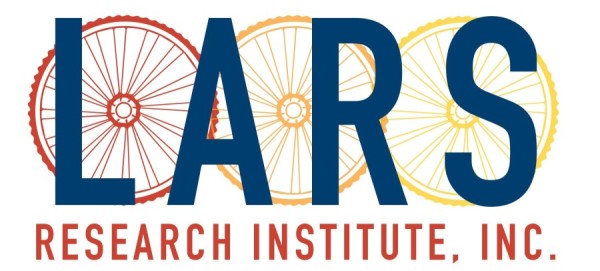MISSION STATEMENT for LARS RESEARCH INSTITUTE, INC.
The mission of the LARS Research Institute focuses primarily on empirically based studies emphasizing program development and program evaluation in the behavioral sciences. As part of its core philosophy, LARS Research Institute strives to provide a high level of scientific expertise to better understand the human condition and use this information to inform policy and public health initiatives. A prominent feature of our staff and consultation services is the use of cutting-edge methodology and statistical analysis to derive information regarding program effectiveness. Areas of concern that are the main foci of the LARS Research Institute include mental health, alcohol, tobacco, and drug abuse, poverty, juvenile justice, child welfare, criminal justice, school departure, academic failure, and studies emphasizing causes and consequences of early violence against self (suicide) and others (aggression).
In addition to conducting empirical-based studies, the Institute contributes to the local, regional, national, and international scientific community by engaging systematically in a wide range of dissemination practices fostering technology transfer. These knowledge diffusion practices helps solidify our position as a leader in scientific innovation and addresses the very important channels that make scientific discoveries accessible and meaningful to lay persons. Because of its leadership role in prevention science and studies of program efficacy, the Institute has been able to amass a library of over 5,000 research based articles, monographs, book chapters, survey instruments, and assessment protocols. Using the benefits of the Internet, the library serves as a clearinghouse promoting dissemination of knowledge to members of the community, visiting scientists, and other human service and outreach organizations.
An exciting feature of the Institute’s governance includes an Advisory Board comprised of prominent leaders in the scientific and medical community, as well as noted policy experts. The advisory board provides a platform for new research initiatives by linking other well regarded scientists to the activities of the Institute, serves in a regulatory capacity to monitor the growth and development of the Institute, and provides a forum for building partnerships in research, service, and education.
